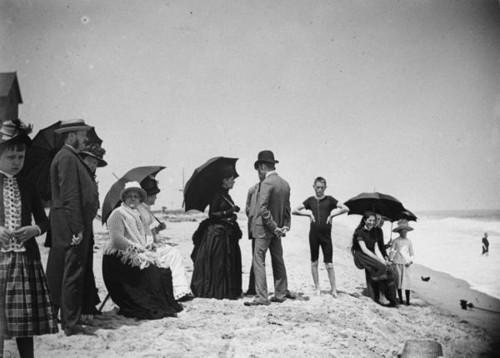Life After Divorce: Divorce’s Impact on Adult Friendship
While stigma around divorce has decreased dramatically in our lifetime, there is still judgment present in many social circles. Divorced people are viewed as part of a singles subculture, where standards can be freer, and that may make some married people uncomfortable. Also some may critique or blame the divorcee for poor choices they made in the course of their marriage, which lead them to view the divorcee in a new, more negative light.
Male Friendship: What The Research Says About Guy Friends.
I've been plowing through research on how humans connect to each other for several weeks now.
We've covered a lot of territory so far, following how people experience friendship from childhood to older adulthood. Besides looking at how life stage impacts our relationships, one of the most common themes in existing research has been related to friendship and gender.
Gender and Friendship: Bad News About Guy Friends
Sorry guys, some research suggests that adult, white, heterosexual ...
Research: How We Make Friends As Adults
With family obligations in play, people often have less time to socialize and therefore spend the majority of after-work time with their spouses and kids. Thus they just aren't in places where there is much opportunity to make friends--whether that be same-gender or cross-gender
How Teens Make Friends: What the Research Says
Although parents are an important source of guidance and support, adolescents are trying to move toward independence. They rely on their parents for material support and stability, but are less likely to seek their parents' views on present and future issues (Douvan and Adelson 1966, p. 174). Because friendship offers equality, it is often seen as more desirable than relationships with parents in which there is a clear power structure (Youniss, 1980). During early adolescence, North American kids reduce time spent with family by 50% (Westen, 1996, p. 547).
Helping Kids Make Friends: What the Research Says
According to Rawlins, less sameness is required between nine and twelve years old. In this stage, kids begin to respond to each other's attitudes, beliefs, and values. They begin to be able to take in the perspective of others.
- Older Posts
- No More Posts





